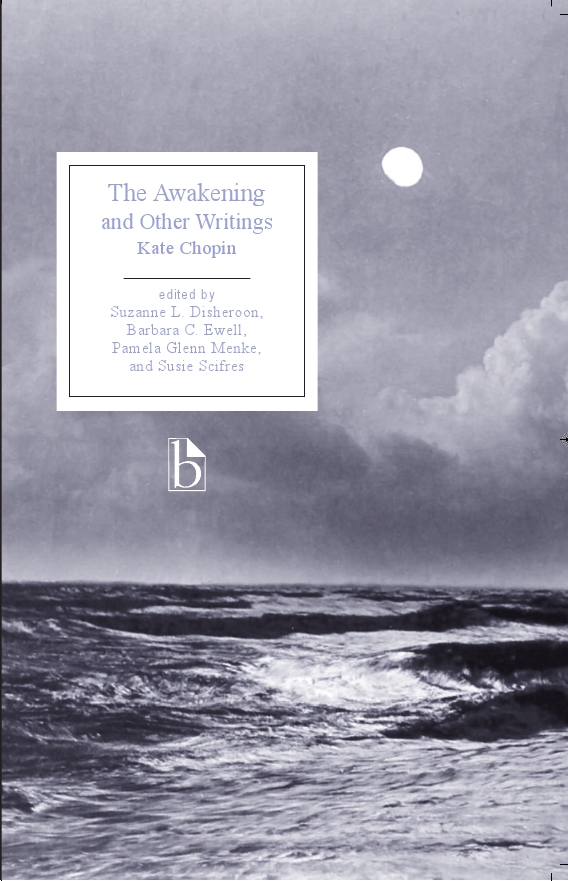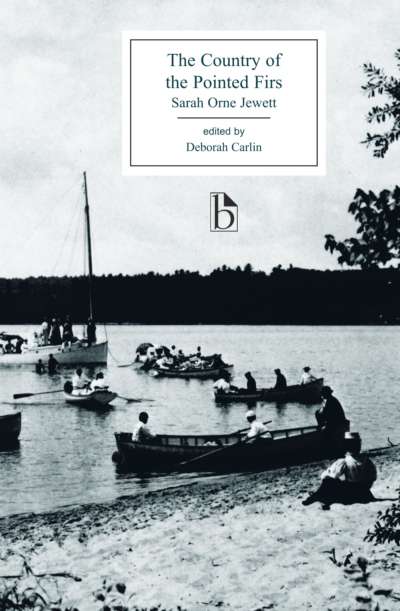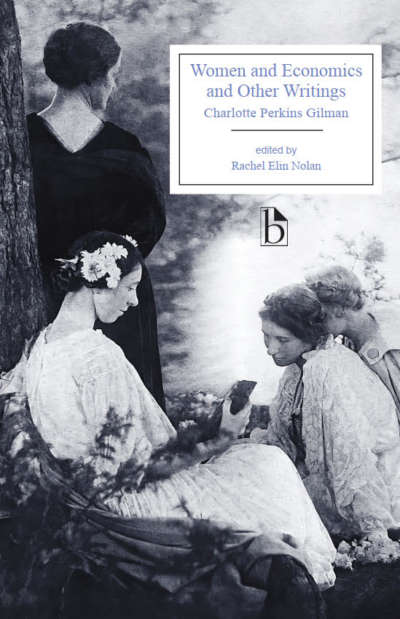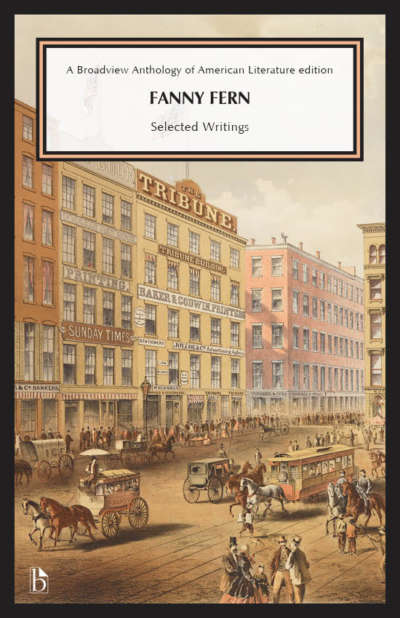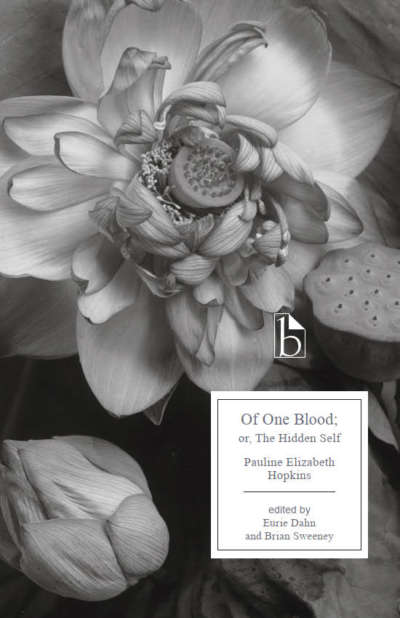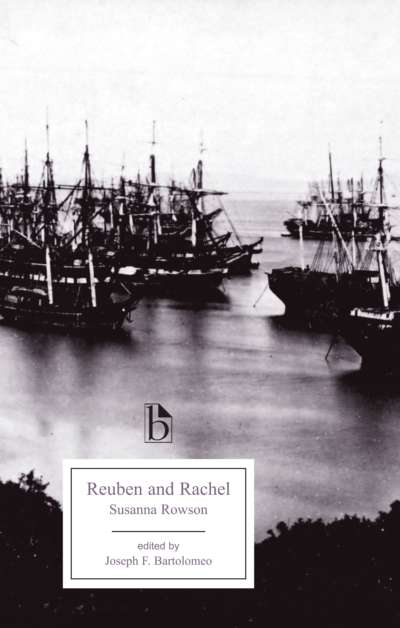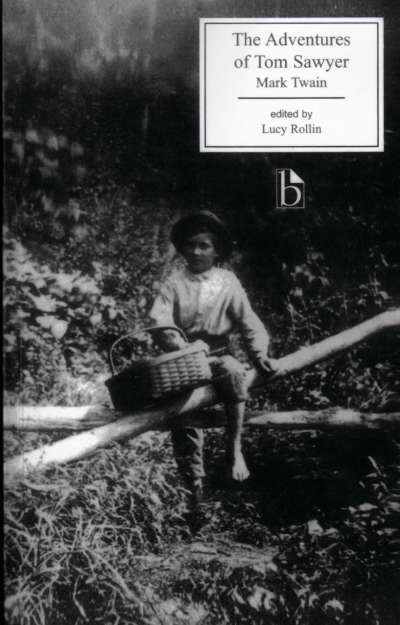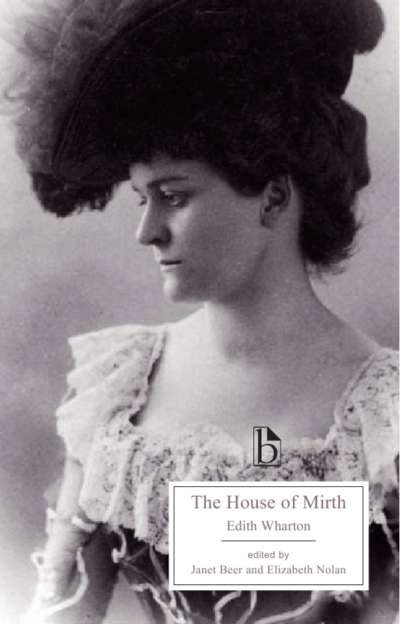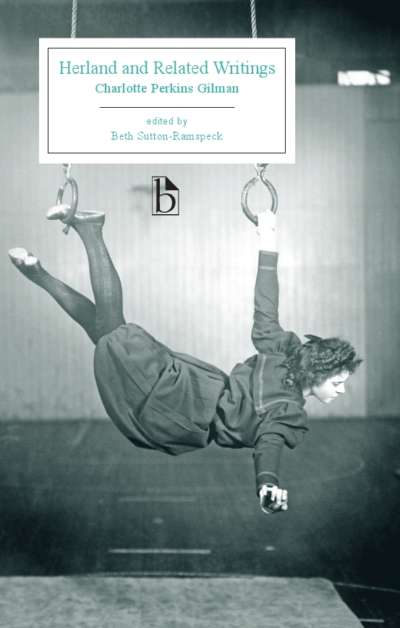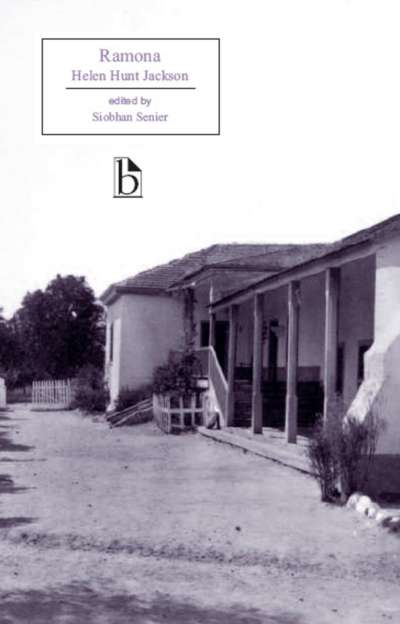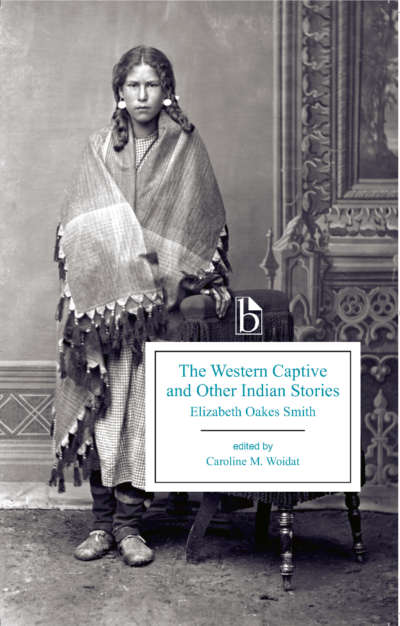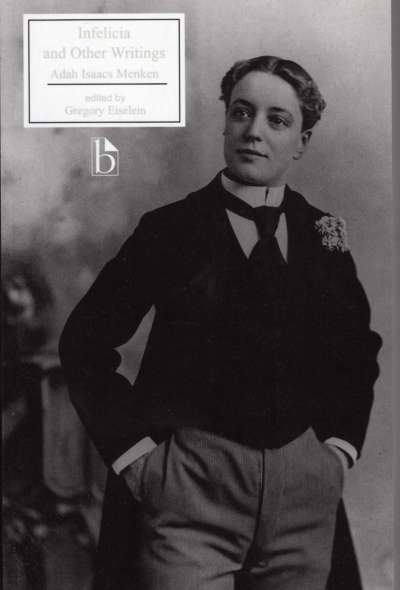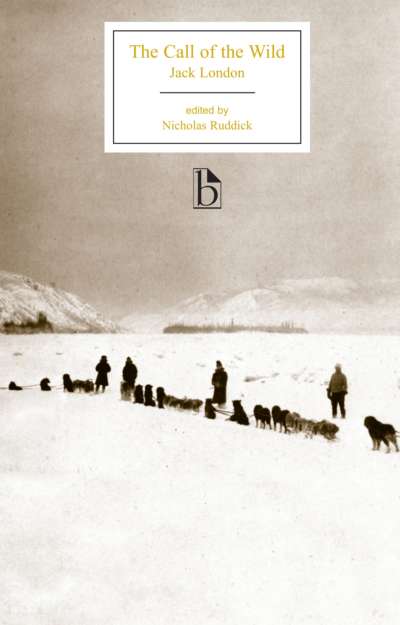
Critically acclaimed as Kate Chopin’s most influential work of fiction, The Awakening has assumed a place in the American literary canon. This new edition places the novel in the context of the cultural and regional influences that shape Chopin’s narrative.
With extensive contemporary readings that examine historical events, including the hurricanes that frequently disrupt life in Louisiana, this edition will contextualize The Awakening for a new generation of readers.
Comments
“This edition of Chopin’s masterpiece contextualizes her work in a way that creates endless possibilities for teachers and students. From Chopin’s other stories and personal writings to her poetry and non-fiction; from contemporary responses to her work in the popular press to the intellectual legacy she was drawing upon in her writing; from the etiquette guides of the era to accounts of its great hurricane to period sketches of New Orleans social history, all of this together combines to situate The Awakening in a kaleidoscopic set of intellectual and cultural frameworks. For the classroom, a treasure—I can’t imagine using any other edition.” — T. R. Johnson, Tulane University
“This is the most richly comprehensive and contextualized edition of Chopin’s novel to date. The extensive introduction not only situates the novel in this era of the New Woman, but also clarifies problematic regional terms such as ‘Creole.’ This edition illuminates the local and national settings of Chopin’s novel for a new generation of readers. Kudos to Broadview and these editors, who have provided a valuable service for scholars and students of southern and women’s literature. I will definitely be using this text in my own classroom and for my own research.” — Mary Ann Wilson, University of Louisiana at Lafayette
“The introduction sets the stage for using the text in either literature or women’s studies classes by describing not only Kate Chopin’s work but also the setting in America that existed during her lifetime. There are clear explanations of the issues of race and gender in Louisiana and the South in general. The notes are also excellent, adding another dimension to the text. I am eagerly anticipating introducing this edition to my students.” — Theresa Flowers, University of North Texas
Acknowledgements
Introduction
Kate Chopin: A Brief Chronology
A Note on the Text
The Awakening
Other Fiction
- From At Fault (1890)
“At Chênière Caminada” (1893)
“Madame Célestin’s Divorce,” from Bayou Folk (1894)
“A Respectable Woman” (1894)
“An Egyptian Cigarette” (1897)
“The Storm: A Sequel to ‘At the ’Cadian Ball’” (1898)
Poetry
- “A Fancy” (1892)
“To Mrs B_______
” (1896)
“To A Lady at the Piano” — “Mrs. R” (1896)
“A Document in Madness” (1898)
“The Haunted Chamber” (1899)
“A day with a splash of sunlight” (1899)
Journals and Essays
- “Emancipation. A Life Fable” (1869-70)
“Solitude” (1895)
from “Is Love Divine? The Question Answered by Three Ladies Well Known in St. Louis Society” (1898)
“Reflection” (1899)
Appendix A: Contemporary Reviews
- From Frances Porcher, The Mirror [St. Louis] (4 May 1899)
- From the St. Louis Daily Globe-Democrat (13 May 1899)
- From C.L. Deyo, St. Louis Post-Dispatch (20 May 1899)
- From G.B., St. Louis Post-Dispatch (21 May 1899)
- From the Chicago Times-Herald (1 June 1899)
- New Orleans Times-Democrat (18 June 1899)
- Public Opinion [New York] (22 June 1899)
- Literature (23 June 1899)
- From the Boston Beacon (24 June 1899)
- From the Los Angeles Sunday Times (25 June 1899)
- Sibert [Willa Cather], Pittsburgh Leader (8 July 1899)
- William Morton Payne, The Dial (1 August 1899)
- The Nation (3 August 1899)
- Boston Herald (12 August 1899)
- Indianapolis Journal (14 August 1899)
- The Congregationalist [Boston] (24 August 1899)
Appendix B: Background, Sources, and Contexts
- From Ralph Waldo Emerson, “Self-Reliance” (1841)
- Algernon Swinburne, “A Cameo” (1866)
- From Richard von Krafft-Ebing, Psychopathia Sexualis (1886)
- From Mary A. Livermore, Amelia E. Barr, and Rose Terry Cooke, “Women’s Views of Divorce,”
North American Review (1890)
- From Elizabeth Cady Stanton, “The Solitude of Self” (1892)
- From “Wife Who Retains Her Maiden Name and Won’t Obey,” St. Louis Post-Dispatch (14 May 1895)
- From Charlotte Perkins Gilman, Women and Economics (1898)
- From Thorstein Veblen, Theory of the Leisure Class (1899)
- From Herbert Spencer, Essays on Education and Kindred Subjects (1914)
Appendix C: Etiquette and Social Customs
- From The Elite Directory of St. Louis Society (1877)
- From Blunders in Behavior Corrected (1880)
- From James S. Zacharie, New Orleans Guide (1885)
- From Richard A. Wells, Manners, Culture and Dress of the Best American Society (1891)
- From Georgene Corry Benham, Polite Life and Etiquette, or What is Right and the Social Acts (1891)
Appendix D: Louisiana Contexts
- From Jewell’s Crescent City Illustrated: The Commercial, Social, Political and General History of New Orleans (1873)
- From Will H. Coleman, Historical Sketch Book and Guide to New Orleans and Environs (1885)
- From Eliza Ripley, Social Life in Old New Orleans: Being Recollections of My Girlhood (1912)
- From Alice Dunbar-Nelson, “People of Color in Louisiana: Part 1,” Journal of Negro History (1916)
Appendix E: The Great Hurricane of 1893
- From Rose C. Falls, Cheniere Caminada, or The Wind of Death: The Story of the Storm in Louisiana (1893)
- From Mark Forrest, Wasted by Wind and Water: A Historical and Pictorial Sketch of the Gulf Disaster (1894)
- From Lafcadio Hearn, Chita: A Story of Last Island (1889)
Select Bibliography
Suzanne L. Disheroon is Professor of English at Cedar Valley College, Dallas, Texas.
Barbara C. Ewell is Dorothy Harrell Brown Distinguished Professor of English at Loyola University, New Orleans.
Pamela Glenn Menke is Vice President, Academic Affairs at Miami Dade College.
Susie Scifres is an independent scholar.


